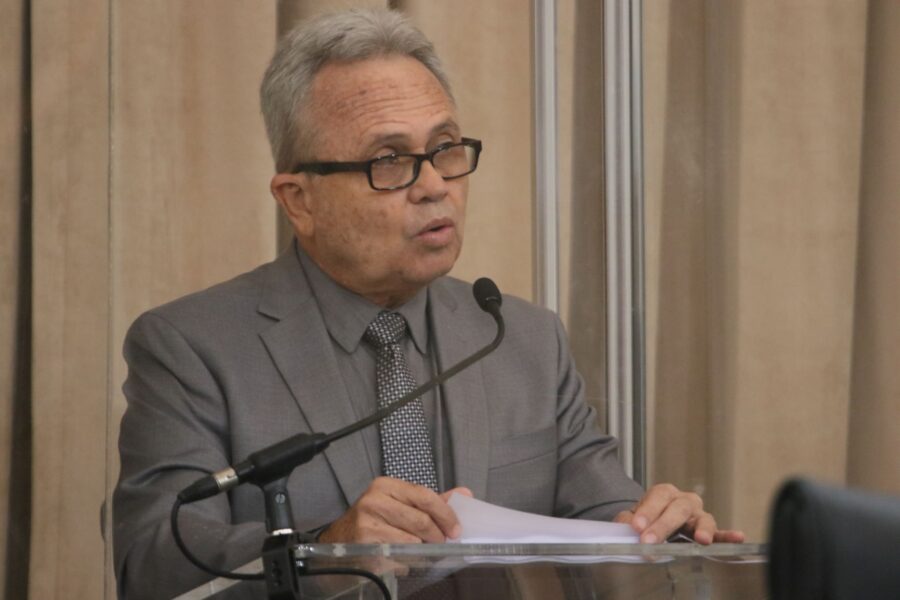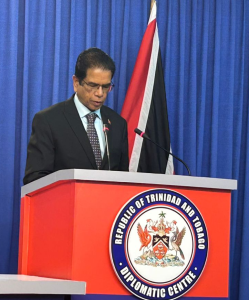AZP News Guest Commentary

COLM Imbert’s recent attack on the Auditor General of Trinidad and Tobago Jaiwantie Ramdass is a brazen assault on the integrity of the nation’s institutions.
In what can only be described as an alarming trend, his continued verbal and political aggression against independent office holders, reflects a dangerous disregard for the foundational checks and balances that safeguard the country’s democratic framework.
The Auditor General’s role is crucial in maintaining transparency and ensuring that public finances are spent responsibly. By undermining the credibility of this office, Imbert is not just attacking the individual but is eroding public trust in an institution meant to act as a financial watchdog. When the office tasked with safeguarding the public purse is discredited, the path to fiscal irresponsibility and governmental impunity is paved.
Regrettably, this is not an isolated incident. Imbert’s continued antagonism towards independent office holders emphasizes a troubling pattern: a government official seeking to silence or delegitimise any institution that could hold him accountable.
During the last five years alone, this government and its agents have lost court matters to Rohonie Ramkissoon, acting Commissioner of the Board of Inland Revenue, where Judge Margaret Mohammed ruled that Imbert’s decision not to recommend Ramkissoon, who held the post as acting commissioner, for the position of Commissioner, was unlawful and quashed it.
In another matter Former Equal Opportunities Commission (EOC) CEO Devanty Maraj-Ramdeen succeeded in her lawsuit when Justice Charles ruled the Office of the Attorney General and the Ministry of Legal Affairs (OAGMLA) breached Maraj-Ramdeen’s constitutional right to protection of the law by failing to consult with her when the decision was taken not to renew her contract and advertise the position.
In January of 2023 High Court Judge Frank Seepersad awarded $1.3 million in damages to the former provost of the University of Trinidad and Tobago (UTT) Fazal Ali for his wrongful dismissal in 2015 stating that: “The board operated in a manner which was shameful, offensive, deliberate, discriminatory, high-handed and reprehensible.”
There have also been scurrilous attacks on the office of the DPP as well as the injudicious removal of the governor of the Central Bank, Jwala Rambaran.
All of these matters have cost taxpayers millions of dollars in legal fees and damages.
It would appear that these actions are deliberately aimed so as to leave these institutions discredited, hollowed out, and politically compromised, with the government left with unchecked power, that breeds corruption and authoritarianism.
As a former minister of government myself I am deeply troubled by the continued erosion of democracy and weakening of oversight bodies in this country.
Imbert’s demonstrated lack of competence over the last nine years together with his arrogance and spiteful behavior are a toxic concoction that is detrimental to this nation’s fortunes.
His bullying tactics, particularly under the cloak of parliamentary privilege, is a betrayal of public trust and an open attack on our democracy.
His actions must be strongly condemned and resisted and I commend Ms Ramdass and others mentioned above for so doing.
Vasant Bharath is former minister in the People’s Partnership government
![]()













